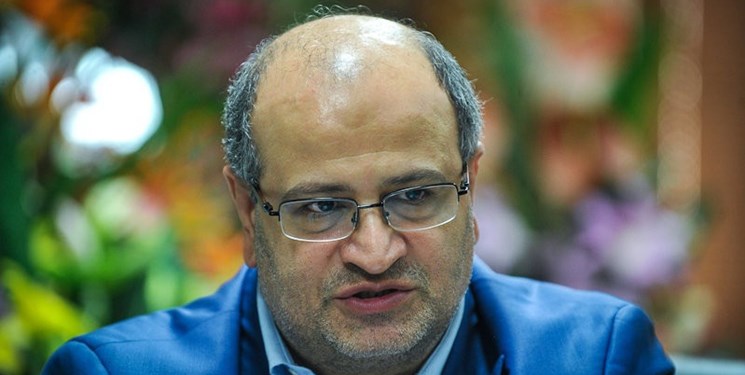In a Saturday meeting with the CEOs and officials of a number of local knowledge-based companies and start-ups, head of the Coronavirus Battle Headquarters in Tehran, Alireza Zali, stressed the need for the development of a digital map to contain the COVID-19 epidemic more seriously.
Various organizations, such as the Municipality of Tehran, the knowledge-based companies and the start-ups, have expressed readiness to contribute to the development of the digital map, Zali added, noting that the infrastructures for the new platform could be used in future for other schemes as well.
Tracking and monitoring the suspected or the confirmed coronavirus cases would help create an inclusive digital map, he stated, saying all relevant organizations have promised to provide access to and share the necessary data by observing the principles of civil rights and ensuring confidentiality of the information.
Zali also emphasized that the outbreak of coronavirus pandemic has provided unique opportunities for innovative projects by the digital media.
Calling for the formation of integrated processes based on the information received from the citizens in Tehran, he said the analysis of data in the capital is a big challenge given the discrete nature of the data, the differences in cultural, economic and social factors, the complexities of demographic data, unofficial habitation in certain locations, floating population, and deficient information in coronavirus self-declaration processes.
The official then highlighted the necessity to work on two main strategies for combatting the coronavirus epidemic with the use of modern technologies, describing the “early detection of the cases” and “tracking the clients” as a major step in controlling and eradicating the contagious disease.
“No strategy is more helpful than the early detection of cases. The sooner we identify the patients, the earlier the source of spread of the disease will be determined,” Zali explained.
As regards the second strategy, he said the Ministry of Information and Communications Technology has undertaken to employ the capacity of the smart phones to establish contact corridors for tracking the patients after being discharged from the hospital in order to give a real-time view of the suspicious cases or the potential infected individuals.

A survey conducted jointly by Iran University of Medical Sciences and the Ministry of Information and Communications Technology among a statistical population of 1,200 people show that 52 percent of the patients have not only not gone into self-quarantine after being discharged from the hospital, but have gone outside a 2-kilometer radius of their whereabouts, Zali noted, describing it as a worrying issue.
He finally noted that more than 4 million residents of Tehran have taken part in the self-declaration program, and stressed the need to proceed with the remote work scheme in order to prevent crowds in the capital.
The Coronavirus Battle Headquarters of Tehran is going to convene an emergency meeting on Sunday to prevent a crowd of commuters like what happened in the streets of Tehran on Saturday morning, Zali concluded.
